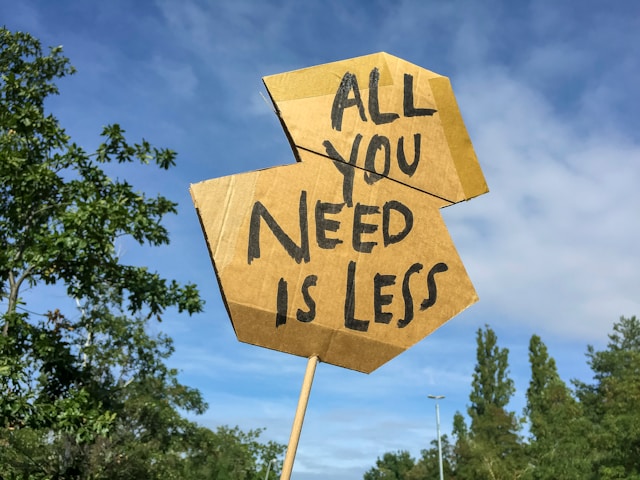If you read our welcome post or our article detailing the European Union’s plan to boost renewable energy, then you know that there are guidelines as to how the industry can slowly phase out non-renewable energy sources for renewable ones.
Bound by the 2023 Renewable Energy Directive, businesses have to report an annual increase of renewable energy use by at least 1.6%. Additionally, the EU seeks to reach 42% of hydrogen use in the industry by 2030.
For some, this might seem an impossible task, but there are already many companies in EU which have ditched fossil fuels and other forms of non-renewables for clean energy. Today we will tell you more about these businesses and how they achieved their green goals through the use of renewable energy.
Siemens
Siemens is a multinational technology company based in Munich, Germany. They make all sorts of products, from mobile phones to washing machines, and if you live in Europe, it’s likely you have owned at least one Siemens product in your life.
Siemens is now not only a leader in technology, but also in sustainability. The German company is committed to reducing its carbon footprint (reporting an annual decrease of 80,000 metric tonnes of CO2 in 2023), as well as manufacturing its products using renewable energy.
The tech giant takes the shift to renewables seriously and it even founded a renewable energy company. Siemens Energy AG was established in 2020 and it provides products for renewable energy consumers. Siemens Energy AG manufactures generators, power transmitters, wind turbines, and compressors among other things.
Adidas
Adidas is another German company which has adopted many sustainable policies, including ones associated with renewable energy.
The clothing company has set a goal for itself to achieve climate neutrality (zero CO2 emissions) in manufacturing by 2025, and to reduce greenhouse gases across its whole supply change by 30% by 2030. Adidas expects to achieve full climate neutrality across its supply change by 2050.
Adidas already uses renewable energy in the form of solar energy. Some facilities use on-site solar panels, but the company also purchases electricity from renewable sources from partners in China. The goal of Adidas is to increase both on-site and off-site renewable energy consumption in order to meet its impressive 2050 target.
SAP
Yes, we are adding yet another German company to the list, but it’s not our fault that German businesses are so eco-friendly. SAP is a company with headquarters in Weinheim, Germany which develops enterprise software used to manage business operations and customer relations. SAP is currently the world’s largest enterprise software provider.
SAP has always been committed to environmentally-friendly policies. Firstly, it promised to reduce its carbon footprint to 2000 levels by the year 2020. Not only that, but it also announced plans to reach 100% renewable energy consumption in 2014. A year later, in 2015, SAP became one of the first businesses to join the RE100 Initiative (a global initiative inspiring businesses to commit to renewable energy).
In order to achieve this ambitious target, SAP has invested in renewable energy certificates bearing the EKOenergy label which shows that the electricity, gas and heat sold fulfils extra sustainability criteria. Starting in 2017, SAP began sourcing EKOenergy electricity from the South Pole for all its operations in Europe and North America.
Additionally, SAP provides intelligent software solutions to renewable energy generation and consumption, integrating AI, which helps renewable energy companies generate and store power more efficiently.
SAP means to achieve net-zero emissions by 2050, and judging by all of its renewable energy programs, we believe it’s on the right track to accomplish this mission.
Unilever
Unilever is a British multibillion company which sells consumer goods such as drinks, beauty, hygiene and healthcare products, among other things. Despite its massive size, Unilever managed to achieve 100% renewable energy grid in 2020. Yes, that’s right! One of the biggest European companies now only uses renewable energy.
Sharing the great news on 1 January, 2020, Unilever reported that all of its factories, offices, data centres, warehouses and distribution centres are fully powered by renewable energy. It was not easy to achieve that feat but Unilever had long invested in the development of renewable energy facilities around the world and it also has on-site solar installations across 23 countries.
If Unilever, one of the largest consumer goods provider, can do it, then so can other businesses.
Honourable Mention: Amazon
Amazon is an American company, but we decided to include it on the list due to the many renewable energy initiatives it supports across the world, including Europe. As one of the biggest companies in the world, Amazon is leading the way towards a wholly renewable energy grid.
In October 2023, Amazon announced financial support to 39 new renewable energy projects on the old continent. Out of them, 15 are rooftop solar projects and 24 are other solar and wind projects. So far, Amazon has contributed to 160 wind and solar projects in various European countries, including the first solar farm in Greece.
According to Amazon’s prognosis, these 39 renewable energy projects would be able to provide up to 5.8 gigawatts of energy to over 4.8 million European homes.

